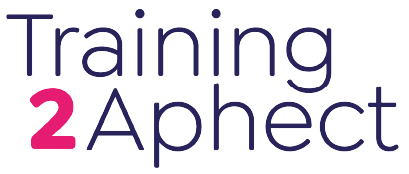Training 2 Aphect provide Domestic Abuse Training & Consultancy
Are you ready?
The new Domestic Abuse Act became law in April 2021. ISO 45001 specifies requirements to enable organisations to provide psychological safety for their staff. Are you doing all you can to support your staff.
Training 2 Aphect are here to help and guide you. Talk to us today.
Contact Us
Helping You Help Others
Training 2 Aphect is a collaboration of two highly experienced professionals, and friends, who, between them, have worked in the field of Domestic Abuse both as trainers and professionals for over 30 years. We continue to work on the front line.
Our work evolves from a need for high quality training around Domestic Abuse and Coercive and Controlling behaviour. Our mission is to drive down Domestic Abuse and reduce harm through the process of acquired knowledge and skills development.
Our Training Courses
These courses are not an exhaustive list of what we are Training2Aphect are able to deliver. We welcome the opportunity to discuss your specific training needs.
Prior to the pandemic, all of our training was delivered face to face. We have adapted and digitised the material since that time and delivered it via Teams or Zoom.
We have the resources, knowledge and experience to host training over your preferred platform. The feedback remains excellent with delegates surprised at how engaged they have felt during a remote training event!
Who We Are

ED CARNEY
I’m Ed. I am a Safelives qualified Independent Domestic Abuse Advisor (IDVA), holding a BA (Hons) in Social Sciences. I work primarily with both male and female perpetrators of abuse. I am a practising risk assessor for perpetrators, with thirteen years’ experience in the field.
My drive in this field is altruistic at its core, so as to positively influence those that are negatively affected by Domestic Abuse. I’ve worked with male and female victims, also children who have been impacted by domestic abuse. In my work I deliver both one-to-one and group interventions both on line and in the community. I have worked in the Secure Estate with perpetrators on short term sentencing.
I have delivered support groups to parents of those affected by their children’s abusive patterns of behaviour. As well as children who are modelling or developing abusive patterns in their own behaviours. Previously I worked with parents victimised through Child on Parent (Filial abuse) as a parenting specialist in a Youth Offending Team.
I have also been trained to work with children and young people displaying sexually harmful behaviour. I am my local Safeguarding lead trainer on Domestic Abuse regularly engaging professionals in training of risk.
PETE HENDERSON
I’m Pete. I am driven by a desire to challenge and address Domestic Abuse and Coercive Control.
My practical expertise is managing the risk posed by perpetrators of domestic and sexual abuse in a Criminal Justice setting. This involves working closely with perpetrators and survivors of domestic abuse in a multi-agency setting.
I am a professional trainer, delivering training within the CJS and to the private and public sector. My aim is to prevent more victims by equipping professionals with the skills, knowledge and understanding to assess and address the risks where there is Domestic Abuse and holding to account those who perpetrate this behaviour.

Testimonials
“Excellent down to earth trainers. Pete and Ed have a lot of knowledge and experience to share”
“This was a sensitively led day. Excellent facilitators who brought lots of professional knowledge and wisdom. I will certainly be able to use the information in my practise”
“Great training, really interesting, very insightful, thought provoking”
“The event was very well thought through and delivered perfectly”
“The course was really great, informative and engaging”
“Pete is an excellent trainer. I have learned a lot!”
“A difficult subject delivered in a reflective and respectful way”
“Thought provoking training. Pete knew his stuff and was very helpful”
“Really interactive. The ASYE training week has been really draining, however this session was by far the best and Pete was very supportive”
“Pete and Ed have a great insight into DA, delivered in a relaxed but extremely professional manner.”
“Ed certainly knows the subject; I’ve learned more today about DA than in the last year of practice’’
“ An honest and moving days training, Ed was able to convey detail and sensitivity to the topic in his presentation that put me at ease”
Our Clients
We're here to help
The new Domestic Abuse Act became law in April 2021. ISO 45001 specifies requirements to enable organisations to provide psychological safety for their staff.
Let
Training 2 Aphect help your organisation or businesses be ready to help your staff and team members.
Contact us today to find out more.



















